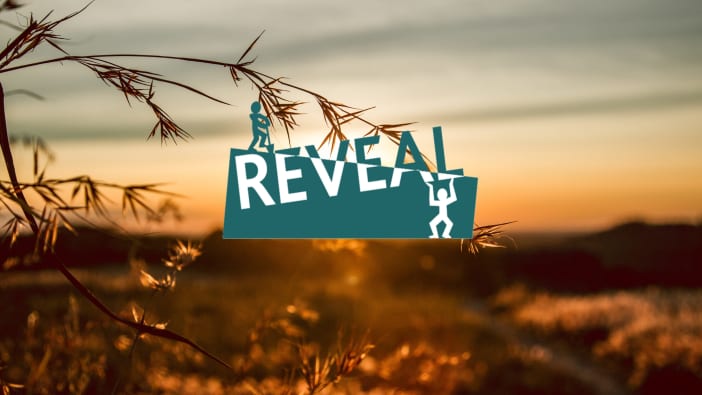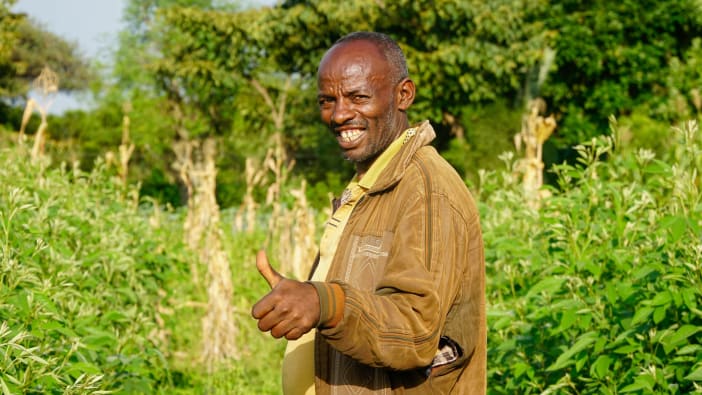In 2006, Tui, Da and their daughter Leklek decided to move from the city to a farm. In contrast to the industrialised farming around them, the family wanted to grow food and rear livestock in an integrated way that would provide for all their needs. Here Tui explains why they have chosen to do things differently.
‘I am from an ethnic group called the Karen and my wife is from the Lahu tribe. Our daughter is now 17 years old. We are based in Mae Ai district in northern Thailand.
‘Our desire as a family is to glorify God by caring for his creation in a way that allows us to eat healthily, make a living and bless other people.
Challenges
‘The area where we live is dominated by large citrus orchards. These rely heavily on agricultural chemicals which cause soil, water and air pollution. Forests have been chopped down so there is less water. Many young people have moved away to work in the city.
‘Those who remain have stopped growing their own food. Every morning a truck arrives full of vegetables, meat and other products. People run to the truck to buy chili, chicken, eggs, soy milk: all of which could be produced locally.
‘When our “crazy little family”, as we were called, built a house and prepared to farm, we were asked if we were planning to establish a citrus orchard. When we said we wanted to practise integrated farming in a similar way to our ancestors, people turned their backs and walked away.
Simple goal
‘We set ourselves a simple goal: to grow all our own food and eat healthily.
‘We began with activities such as land preparation, construction of the chicken house, planting trees and digging fishponds. We read many articles and books and visited other people’s farms to learn from them. We looked for market opportunities and started to harvest eggs, vegetables, fish, chicken and rice.
‘Our farm of three hectares is now carefully planned for integrated farming. One third is for rice and the rest is for fish ponds, chickens, ducks, fruit trees, bamboo for construction, corn, beans, herbs, medicinal plants and vegetables. We raise bees in the fruit orchard for organic honey, pest control and pollination.
‘We use farming practices that work with nature, not against it. We use compost and animal manure to fertilise the land. Pests and diseases are kept under control by insects and birds that are attracted to our farm by the trees, ponds and permanent vegetation.
Friendship
‘Our vision is to see local churches and Christian organisations promoting sustainable farming practices. We teach that natural resources are created by God and we are all responsible for taking care of them.
‘Our farm has become a place where people come to relax, learn and eat healthy, home-cooked food. Each year, people from many different countries visit us and we build friendship through sharing and learning from one another. It is a blessing we never expected when we started.
‘Local farmers have started to become more aware of environmental concerns, and young people are moving back. Like us, many people are beginning to include new technologies like solar power into their traditional farming systems, with great results.
‘We pray and thank our creator God for everything. 1 Thessalonians 5:16–18 says, “Rejoice always, pray continually, give thanks in all circumstances.”’
If you would like to find out more, please send Tui an email: [email protected]









